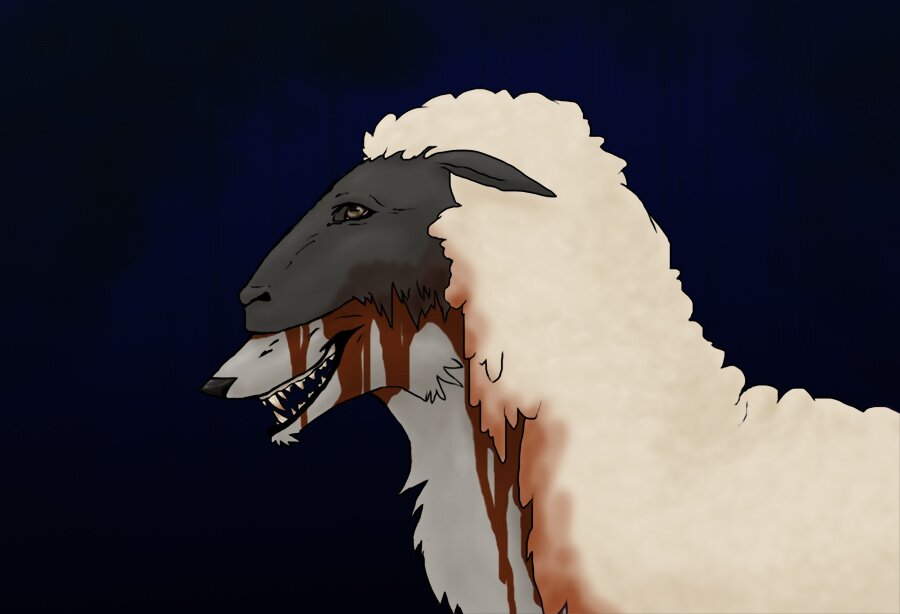IN Collaborating with the Enemy, Adam Kahane shares a joke he heard while working in Cape Town, South Africa that exemplifies the stalemate we feel when trying to work with people who just can’t see it our way:
Faced with our country’s overwhelming problems, we have two options: a practical option and a miraculous option. The practical option is for all of us to get down on our knees and pray for a band of angels to come down from heaven and solve our problems for us. The miraculous option is that we work things through together.
If we (and they) choose to collaborate, how do you work with people you don’t trust, who have incompatible agendas, and histories of dislike? What do you do when you need to come together to solve a problem but they can’t see it your way?
Part of the issue is we come into the collaboration with the idea that we can control the process; we can get people to make the changes we need them to make. When a situation with others becomes hopeless or dire, we double-down and try to find a way to convince them, even force them to change in order to bring them into alignment with our thinking. Underlying this approach is the belief that I/we know what is best and it is my duty to make them change for their own good.
When faced with others different form us we tend to label them as enemies. We demonize and vilify them. Call them names even.
Our enemfying, which feels exciting and satisfying, even righteous and heroic, usually obscures rather than clarifies he reality of the challenges we face. It amplifies conflicts; it narrows the space for problem solving and creativity; and it distracts us, with unrealizable dreams of decisive victory, from the real work we need to do.
We need a better approach and mindset. Kahane introduces an idea called stretch collaboration. We need to shift our thinking in three ways:
The first shift is instead of focusing on a narrow focus over the good and harmony of the team, we should embrace the conflict and connection within and beyond the team. In short, we have to affirm the legitimacy of every perspective of the group. Each participant brings a perspective that they care about and by acknowledging all we can form a more complete picture.
The second shift deals with the process. Instead of insisting on one right view of the problem, the solution, and the plan, we need to move toward experimenting systematically with different perspectives and possibilities. We learn together. We think through the issues and solutions together to see what could work. The idea is to cocreate new options as we—together—work through the issues.
The final shift requires us to see ourselves as part of the whole and as one orchestrating the collaboration. We are a participant as much as everyone else. We tend to overlook ourselves as part of the problem. Bill Tobert once told Kahane that “if you’re not part of the problem, then you cannot be part of the solution.” Ego is always an issue. “When we are faced with a challenging situation, we focus our attention first and foremost on what other people are doing or not doing or out to be doing.” Kahane adds, “Blaming others is a common and lazy way to avoid doing our own work.”
These shifts require us to move outside ourselves. “Self-centerednessmeans that we arrogantly overestimate the correctness and value of our own perspectives and actions, and we underestimate those of others.”
Keep in mind, “Your enemies can be your greatest teachers.”
Find this title on
AUTHOR
Adam Kahane is a leading organizer, designer and facilitator of processes through which business, government, and civil society leaders can work together to address such challenges. He has worked in more than fifty countries, in every part of the world, with executives and politicians, generals and guerrillas, civil servants and trade unionists, community activists and United Nations officials, clergy and artists.
SOURCE: https://www.leadershipnow.com
IMAGE CREDITS: http://orig08.deviantart.net
 SA Business Index
SA Business Index





Comments
Your Turn To Talk